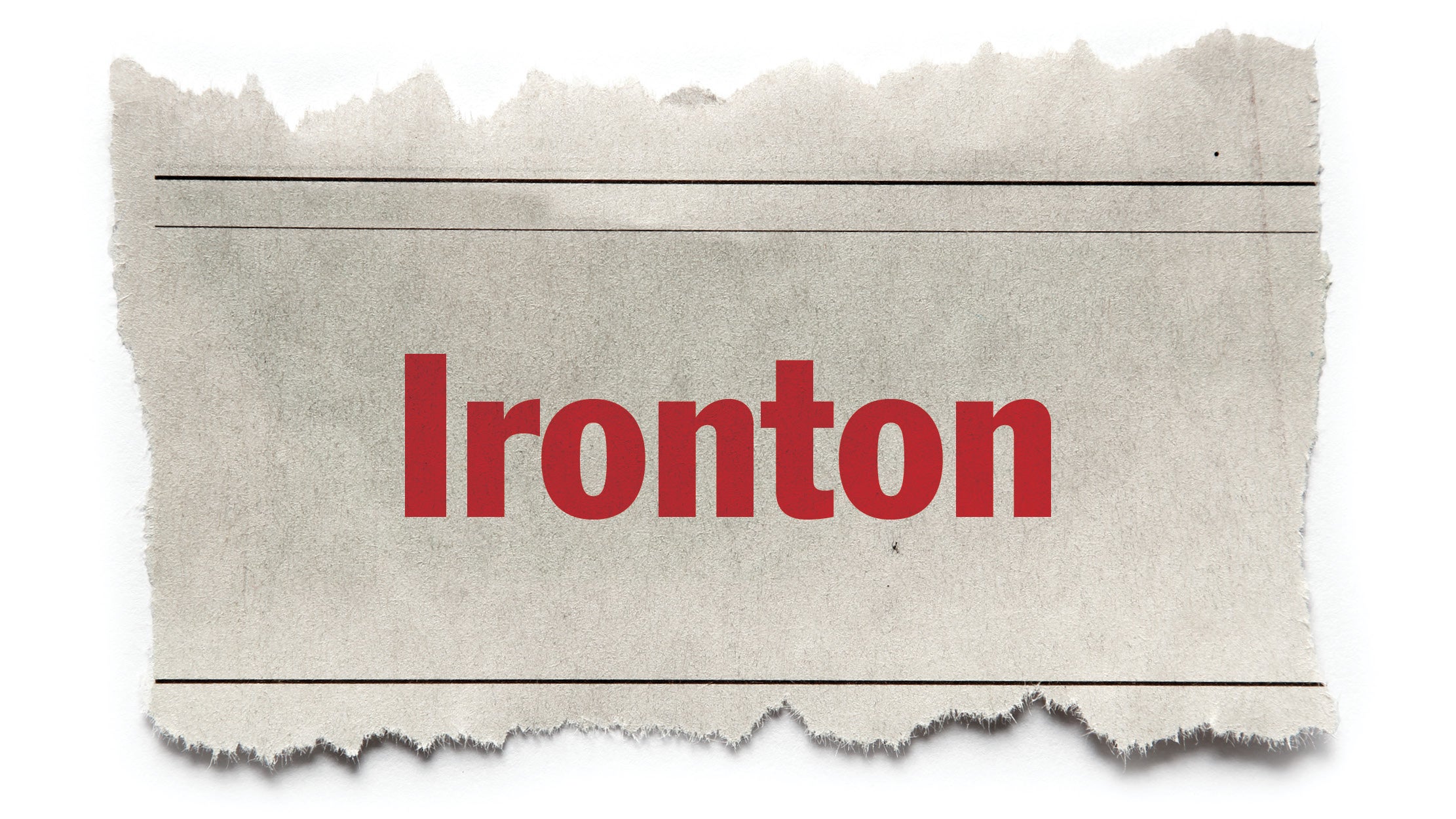Haney: Hotel tax will benefit city
Published 12:00 am Saturday, November 20, 2021
Council repealed economic development fee and replaced it
The Ironton City council was able to accomplish a long-sought goal at their final meeting in October, repealing an economic development fee and replacing it with a hotel tax.
Council member Chris Haney said the idea had been tabled in the past and, after he was elected to council in 2017, he tried to get it off the table in his first year, but it was again tabled.
“Maybe there were legal issues of why it couldn’t be untabled, so I did a lot of research and worked on the language in a brand new 3 percent hotel motel excise tax and was able to get it on the agenda in September,” Haney said.
Haney said the hotel tax, which was passed on Oct. 28, will benefit the city.
“Hand in hand with the repeal of the economic development fee, which I also sponsored,” he said. “I don’t think anyone understood what that went for in the first place. We were able to keep revenue going into the fund by putting 1.5 percent of this hotel motel excise tax. Kill two birds with one stone by taking burden off of the citizens.”
He said the county was taking 5 percent from the economic development fee, while Ironton was receiving 1 percent.
“With the other 5 percent the county was taking, we had no say so where those funds would be used,” Haney said. “Now the city has full control of where that fund goes. The other 1.5 percent of the 3 percent goes toward the community development and improvement fund. It’s all geared toward economic development and community development, and that’s what it should be for a hotel tax.”
Haney said the funds raised could go toward recreation around town, into parks or entryways into the city.
“We talked about maybe having a bigger Christmas light show, and we could use funds like that to help support ideas around the community,” he said. “Also, just around town, using it for things that will attract people to the city and appeal to businesses to create some buzz and go toward lively events happening around town.”
Haney said to those opposed to the tax, they should bear in mind how similar systems they benefit other locations where they are in effect.
“If you look at other places, say you’d go to a Cincinnati Reds ballgame and stay all night, these kinds of taxes are enforced and portions of it go to the municipality,” he said. “The reasoning behind it for the people who supported the ordinance was that we need to have a say so. The county, we understand there’s things going on, but we want to put things on our timeline and take control over things we can control.
He said this will eliminate a wait to “get things done.”
“It seems there’s a waiting game sometimes on things happening, and this can speed things up,” Haney said. “If there’s something we need to do to bring a business in, we have the funds to do that now. The biggest thing is it takes the burden off of citizens. We were able to reduce utility bills by $1.50.”
Haney said, in the council meeting, member Craig Harvey asked Lawrence County Economic Development Corporation president Bill Dingus if he’d be willing to approach the county and have them repeal current taxes.
“He said he’d be unwilling to do that,” Haney said. “ We’d still like to support some of those ideas. The sports complex that has been in discussion and we’re fully behind the community visitor project, but we also want to have control over how those dollars are spent.”
Dingus was invited to the meeting, where he expressed concern about the hotel tax.
He disagreed with the premise that the county was getting five percent of the benefit from the economic development fee, with only one percent going to Ironton.
“100 percent goes into marketing and trying to promote development,” he said, stating that “a huge part” of that went to Ironton and Wayne National Forest.
“The five percent the county gets, they keep nothing for themselves,” Dingus said.
Dingus said the economic development fee has been “a great investment for the county.”
“This has been real effort to market Ironton and the community,” he said.
Dingus said his biggest concern is the “negative impact” the changes will have.
“My concern is if you go beyond the 6 percent, you’ll be the highest in state, except for those counties where the legislature had very specifically approved it,” he said.
Dingus said, in those cases, the tax was approved for specific purposes, such as creating a baseball diamond.
“There’s usually a building there to offset it,” he said.
He said the tax could have impacts on the hospitality industry in the city.
“I think it would make us be in very unfavorable position where people in Ashland can say Ironton is 50 percent higher,” Dingus said.
Dingus stressed that he felt the economic development fee was a boost to Ironton.
“It is helping to promote communities and bring in visitors,” he said. “The benefits of that five percent go to you, as well as everybody else. Ironton is the main town. Do you want to put money into helping to market Ironton? The five percent is going into that.”
Haney said the council is still working with the county on larger projects.
“We’re still working toward a sports park, but this gives the city some leverage and basically puts the funds in our hands,” he said. “We don’t have to worry about how they’re being used. The hotels are in Ironton. I don’t think those dollars gained from hotels in the city should go to Proctorville or South Point. They should be reinvested in our community.”
— Additional reporting by Sarah Simmons






